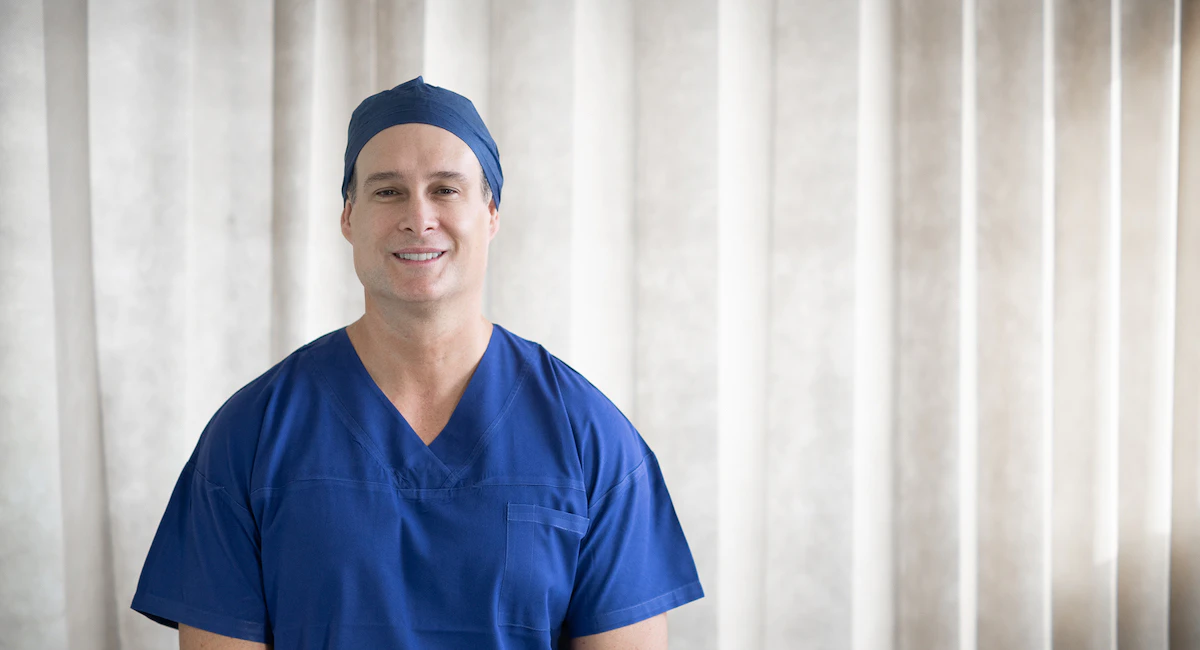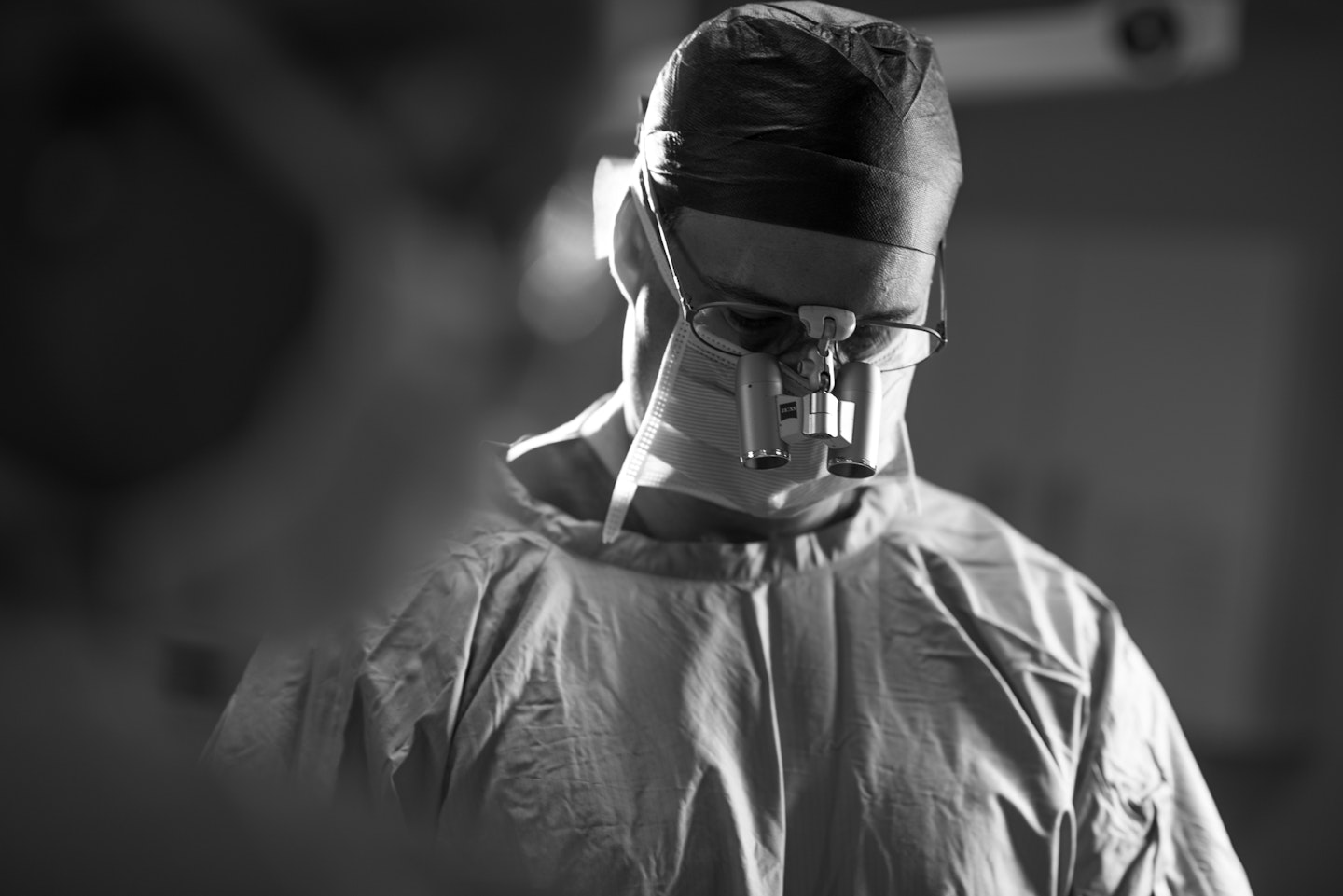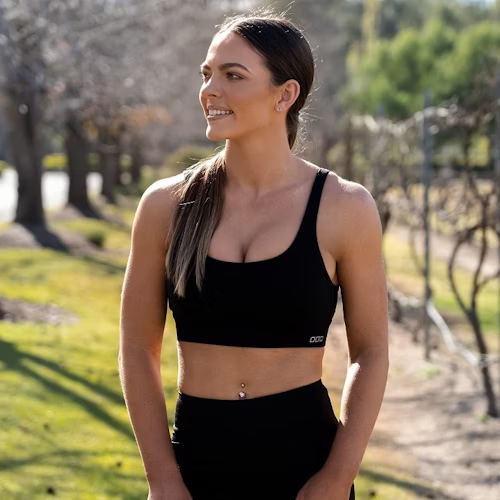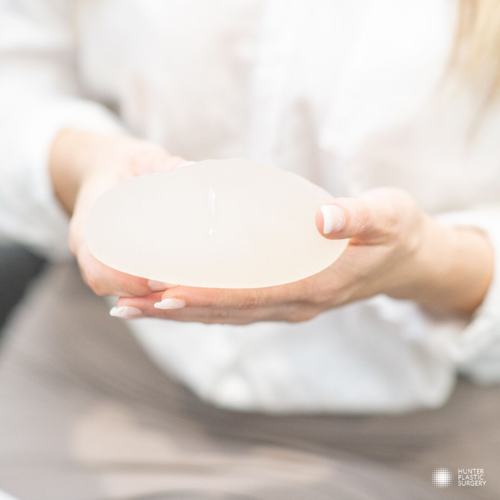Are you looking into plastic surgery, but have one habit that you need to kick first? If you’re a smoker and you’re thinking about plastic surgery, it’s important for you to understand the affects it can have on the procedure and your results.
Smoking is a major problem in plastic surgery as nicotine is a toxic substance that constricts blood vessels which reduces the blood flow required for healing. While your plastic surgeon’s skills and expertise are important to a good outcome, the care you provide yourself leading up to and following a procedure is just as important to achieving the best results.
According to the World Health Organisation (WHO), tobacco smokers are at significantly higher risk than non-smokers for post-surgical complications including impaired heart and lung function, infections and delayed or impaired wound healing.
Complications that may arise due to mixing smoking with surgery include:
- Blood clots (which can be fatal)
- Increased pain and prolonged healing time
- Problems with anaesthesia or need for a ventilator after surgery
- Post-operative chest infections or persistent coughs
- Infections
- Implant loss
- Tissue death (tissue necrosis)
- Scars that are more visible than usual
- Increase in the likelihood of life-threatening complications (such as stroke, heart attack and pneumonia)
How does quitting help?
Nicotine shrinks the size of your blood vessels, limiting blood flow and oxygen supply. When you stop smoking, your body immediately begins to heal, and your heart and lung function starts to improve. As soon as you quit, the levels of nicotine and carbon monoxide in your body begin to drop, and overall blood flow and oxygen supply is enhanced. This puts your body in a much better position to be able to recover from a major surgery and lessens the risks associated with poor bloody supply.
When should I quit?
If you’re thinking about having plastic surgery, the best thing you can do is to quit smoking right now. I require my patients to stop smoking for at least a month before the procedure. New evidence provided by the WHO demonstrates that smokers who quit around four weeks or more before surgery have a reduced risk of complications and achieve better results six months afterwards.
Surgery can be a great incentive to quit, as you physically will not be able to smoke while you are in hospital. You must also refrain from smoking for at least six weeks after your surgery, and if you make it to this point hopefully you have the strength to make the commitment forever.
How can I get help to quit?
We know that quitting smoking isn’t easy, and there is no shame in reaching out for help. One resource available is The NSW Quitline 13 7848 (13 QUIT). For the cost of a local phone call, you will be connected with a professional telephone advisor who can provide encouragement, resources and support to help you quit. You can also visit the iCanQuit website for the information and tools you need to make a quit attempt.
If you are struggling to quit smoking leading up to your surgery, it is important to be honest with your plastic surgeon. My team and I are here for you along your journey, and your health and well-being are of utmost importance. We would much rather push your surgery back to a later date and allow you the chance to quit then see you suffer potentially fatal complications.
Ready to book your consultation? To book, just call our friendly team on 4920 7700 or send us a message using the contact form below.
Not quite ready? The best time for surgery is when the time is right for YOU. So in the meantime, enjoy our website information for breast and body procedures including before and after photos, cost information and animated videos of the most popular procedures.

Blog Author:
Dr Nicholas Moncrieff, Specialist Plastic Surgeon
About Dr Moncrieff
Dr Moncrieff focuses exclusively on breast reductions, breast lifts, breast augmentation, tummy tucks and body lifts.
He is one of only a handful of Plastic Surgeons across Australia with this sole breast and body focus.
Dr Moncrieff has performed thousands of surgical procedures over more than two decades in medicine. Over 20,000 of these procedures have been in Newcastle.
More information about Dr Moncrieff is available here.



